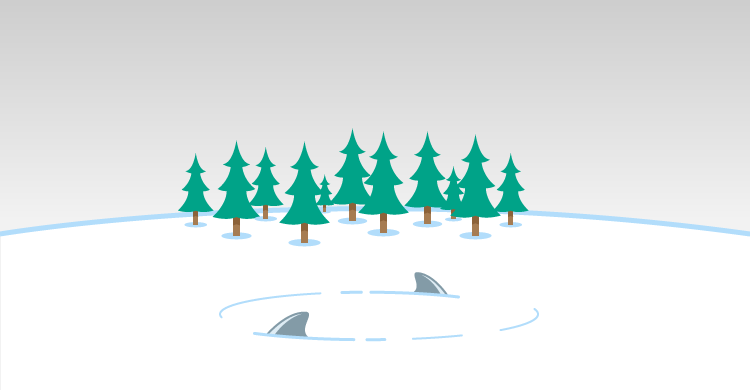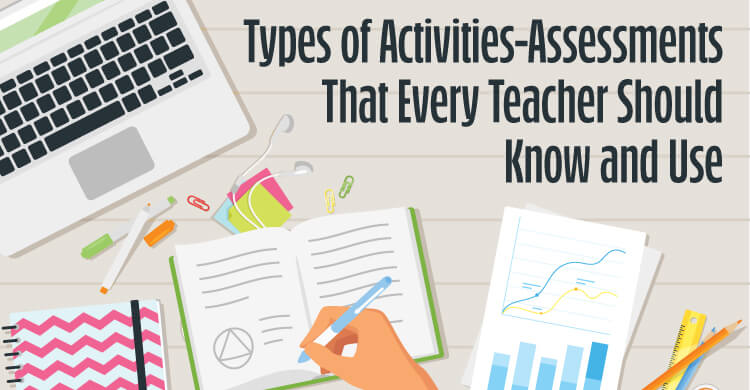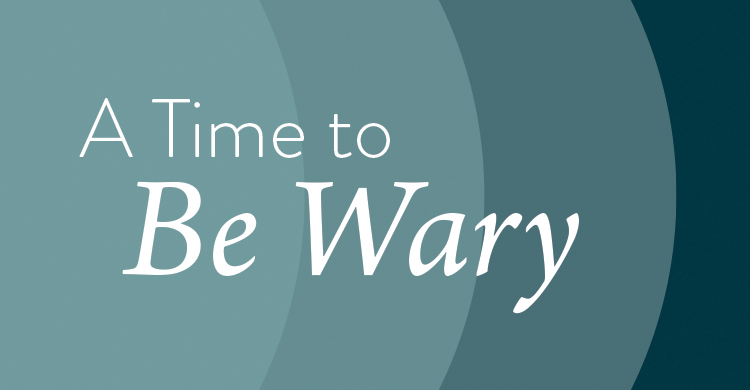Recently, while working at an event with a team, my colleague Tim Brown showed hundreds of educators a cartoon in which a little boy had created a snowman and surrounded it with snow sharks. Tim asked the audience to consider the snow sharks we’ve built in education – those times, processes, and places in which our own handiwork attacks or places barriers before our primary goals. I walked away considering the snow sharks we’ve created specifically in our assessment systems. I think we have a few:
- We want our learners to be motivated. Unfortunately, we’ve created a system in which learners cannot move at their own pace; they still do all of the same homework, projects, and quizzes as the rest of the class even if they’ve mastered the learning expectations in that unit of study. If they do get to the next level, it often means more worksheets.
- We want our learners to persevere and attend to precision. Too many times, however, we do not reward them with a full credit if they make necessary revisions or take extra time to get something right.
- We want our learners to take risks and make the mistakes necessary for deep understanding, yet we document mistakes in our grade books and calculate them into our final results making it unsafe to be wrong at any point in the learning journey.
- We want our learners to care about academic achievement, but we define academic achievement with a grade and we employ a grading system that is rife with inconsistencies. We seldom have inter-rater reliability from classroom to classroom when scoring students work; moreover, we have individual grading criteria that involve personal preferences (e.g. participation, compliance, ability, attitude, effort, etc.) and create inconsistencies within a specific measure that is interpreted to represent a single truth. Learners know there are many different versions of the truth when it comes to grades.
- We want our learners to demonstrate responsibility, but too often we do not require them to be responsible. For example, it is a common practice to reduce the score for late work or refuse late work altogether in the hopes that point reduction will teach responsibility. Instead, the practice seems to allow learners the option to opt out because it discourages learners from following through or completing the task, which is what responsible adults would do, even if something is late. Worse, the practice frees the learners from engaging in the learning that was outlined in the missed assignment. By our own hand, compliance trumps learning.
The more I thought about it, the more I realized this list could go on and on. In our assessment systems, we have created many snow sharks that attack the very values we hold dear.
At the end of the training day with my colleagues, I joined a small team of disgruntled teachers, who were noting that today’s learners are unmotivated, unable to attend to precision, and relatively unconcerned about their own academic achievement. It was a very familiar conversation for me because I have been asked many times how we might ‘fix’ today’s youth. Peter Drucker, an author and renowned expert in the field of organizational development, always held firm that any problems within an organization were systems’ problems, not people problems. I think he’s right. I don’t believe we have bad learners in our schools today; I believe we have unexamined and undeterred assessment systems that eat away at the very values we strive to promote. It’s time to eliminate our snow sharks, so we can get on with building the best snowman possible.
[author_bio id=”68″]






